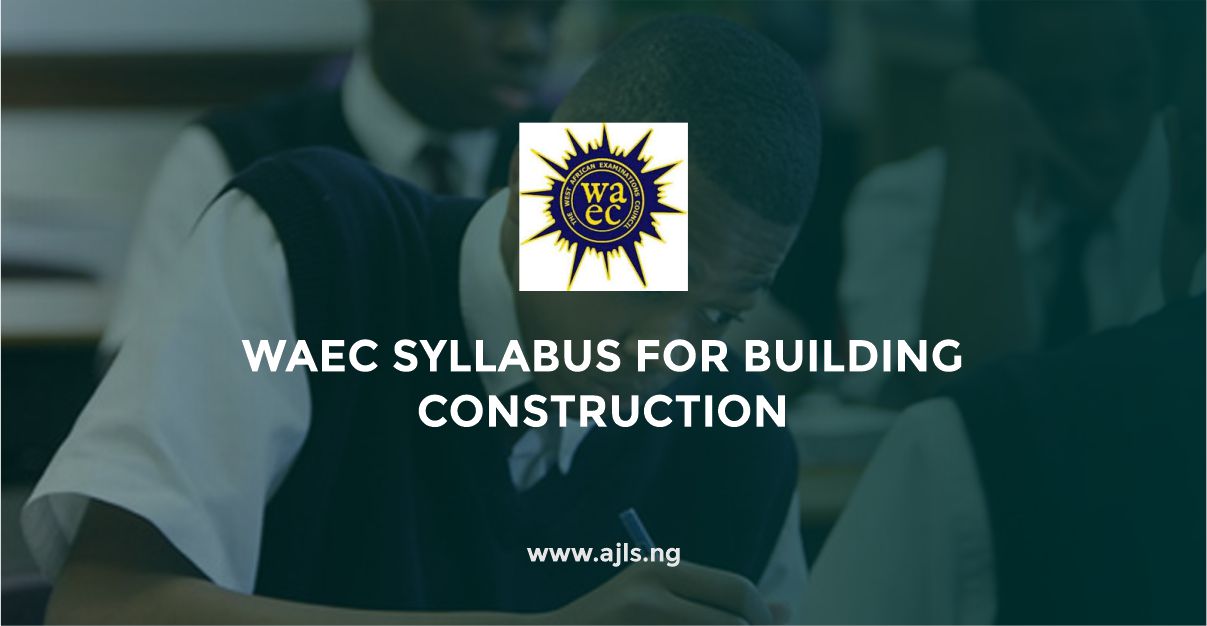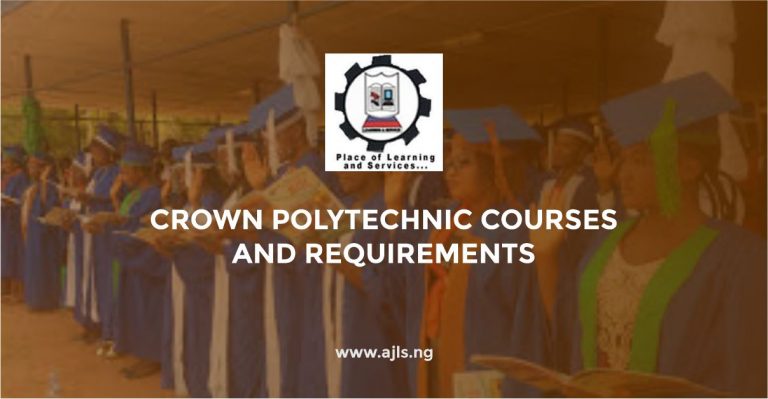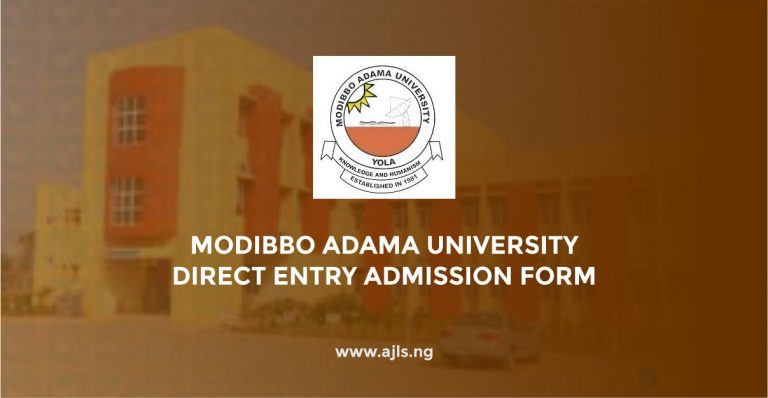WAEC Syllabus for Building Construction 2025

WAEC Syllabus for Building Construction: If you are preparing for the West African Senior School Certificate Examination (WASSCE) and planning to take Building Construction, it is important to understand the syllabus.
The WAEC syllabus for Building Construction is a guide that outlines the topics, skills, and knowledge you need to master for the exam.
This syllabus is designed to help students learn the principles, techniques, and materials used in construction work. It covers both theory and practical aspects to ensure that students gain hands-on experience and a solid understanding of the subject.
In this article, we will show you the key topics in the syllabus, explain what you need to focus on, and give tips on how to prepare effectively for the WAEC Building Construction exam. Make sure you follow the information provided in this article to help you prepare effectively for the WAEC examination.
WAEC Syllabus for Building Construction
Examination Structure
The Building Construction exam consists of three papers: Papers 1, 2, and 3. Papers 1 and 2 are combined and taken in one sitting.
- Paper 1: 40 multiple-choice questions to be answered in 45 minutes, worth 40 marks.
- Paper 2: Five short-structured essay questions; candidates must answer four in one hour for 60 marks.
- Paper 3: A practical test divided into Sections A and B, lasting 2½ hours and carrying 100 marks.
- Section A (Nigeria, Sierra Leone, The Gambia): Focuses on Building Drawing with four questions, including a compulsory one. Candidates must answer three questions.
- Section B (Ghana): Contains six essay questions, including a compulsory one. Candidates must answer four questions.
Detailed Syllabus
Introduction to Building
- Definition, types, and classification of buildings
- Overview of National Building Codes, regulations, and bylaws
Building Construction and Construction Team
- Purpose and process of building construction
- Roles and responsibilities of the construction team (clients, contractors, and regulatory personnel)
Safety Practices
- Safety rules, accident prevention, and first aid
- Common hazards in workshops and construction sites
- Safe handling of dangerous materials and equipment
Basic Tools, Equipment, and Machines
- Identification, functions, and maintenance of building tools
Site Clearing and Levelling
- Procedures for site clearing and levelling
- Required tools and equipment
Site Organization and Layout
- Initial site preparation and layout procedures
- Setting up boundaries, access roads, and temporary structures
Setting Out
- Techniques such as the 3:4:5 method and the Builders’ square
- Tools and procedures for accurate setting out
Building Drawing
- Use of drawing tools and basic geometric exercises
- Symbols, scales, and types of building drawings
- Introduction to AutoCAD for building design
Excavation and Earthwork
- Soil types, excavation methods, and safety procedures
- Solutions to excavation challenges (timbering, dewatering, etc.)
Foundation
- Types, functions, and selection factors for foundations
Ground Floors
- Types and construction methods
- Explanation of basements and their associated challenges
Suspended Floors
- Types, functions, and construction techniques for concrete and timber upper floors
Concrete
- Composition, types, and properties of concrete
- Cement alternatives (e.g., Pozzolana, PFA, Rice Husk Ash)
- Concrete production process and testing
Walls
- Types, functions, and materials for wall construction
- Methods of constructing walls and openings (doors, windows)
Doors and Windows
- Types, functions, and installation methods
Staircases
- Types, materials, and construction methods for stairs
Plumbing Installations and Drainage Systems
- Plumbing materials, sanitary fittings, and installation procedures
- Drainage system types, materials, and maintenance
Electrical Installation and Solar Energy
- Electrical wiring, components, and solar energy systems
Roofs
- Types, functions, materials, and protection against environmental factors
Finishes
- Floors: Types, application methods, and maintenance
- Walls: Plastering, rendering, and finishing techniques
- Ceilings: Types, functions, and finishing materials
External Works
- Types and construction of fences, gates, roads, and landscaping
Business Organization and Finance in Construction
- Types of business structures in the construction industry
- Sources of capital and financial management
Bookkeeping
- Record-keeping for small-scale construction businesses
Contracts in Construction
- Types of. contracts, essential documents, and contract parties
Recommended Books
A variety of textbooks cover these topics, including works by Stephen Emmitt, R. Barry, S.C.O.A. Ezeji, and others. Some notable ones include:
- Barry’s Introduction to Construction in Buildings – Stephen Emmitt & Christopher A. Gorse
- Building Construction Handbook – R. Chudley
- Advanced Building Construction – C.M.H. Barritt
- Building Construction for Senior Secondary Schools – Adesokan & M.O. Adeniyi
This syllabus provides essential knowledge and practical skills for students preparing for the WAEC Building Construction exam.
By following the information provided in this syllabus and understanding the WAEC syllabus for building construction, candidates will be able to write the examination and pass. We believe you found this article helpful, for mire inquiries regarding the WAEC Syllabus for Building Construction.





